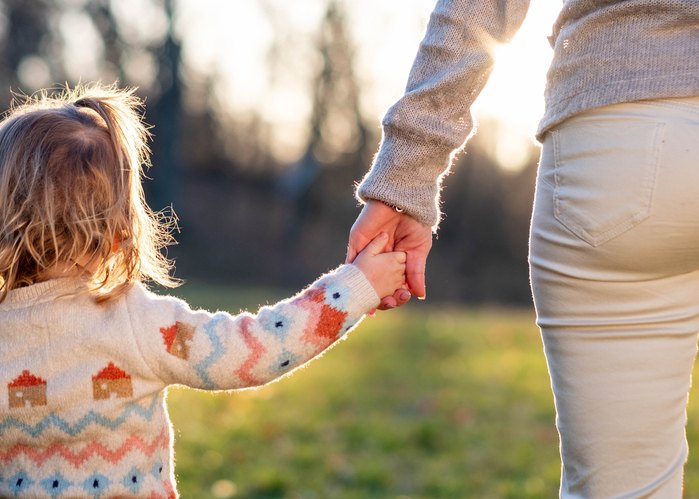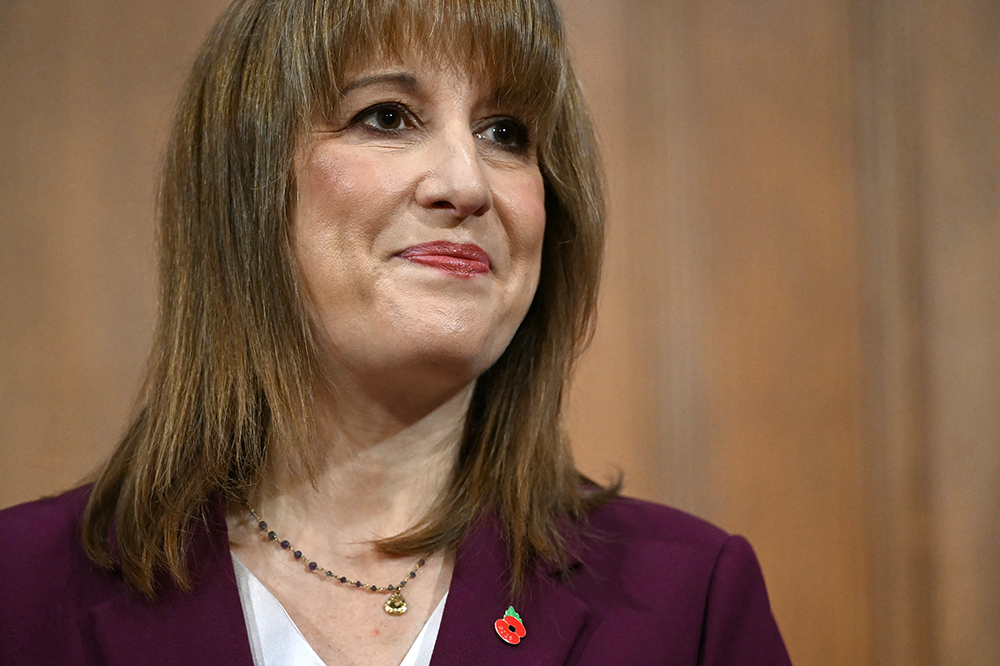Young people are unwilling to go to school. They are unwilling to go to the office. And they are unwilling to go to war for this country. Is this about Generation Z being born with a natural predisposition to laziness and solipsism – or is it about parents who want to be their child’s best friend?
Best friend parenting is problematic parenting
Increasingly, mothers and fathers are adopting a dangerous approach to raising their children: ‘best friend parenting’. This involves dodging conflict at all costs, with parents ensuring their child stays in their comfort zone even if this risks school and the office becoming optional extras in young people’s lives. Although no one would want to send their child to a war zone, statistics show an alarming lack of patriotic spirit among our youngsters just as the winds of war begin to blow in earnest. When you’ve been raised to have everything your own way, self-sacrifice – let alone laying down your life for your countrymen – is simply inconceivable.
‘I am my child’s BFF’ translates into Mum and Dad being unwilling to set boundaries, impose curfews or bans. To be clear, no one would wish to revert to a ‘spare the rod, spoil the child’ attitude to child-rearing: the Children’s Wellbeing and Schools Bill makes smacking children illegal as well as unacceptable.
But I have spoken to family liaison officers (FLO) who regularly show up at absent pupils’ homes to bring recalcitrant students to school – while parents stand by, not lifting a finger. I have seen the parents of a three-year-old who refused to get into their car squat beside their toddler, and start coaxing her: ‘Darling will you agree to go in the car so that we can go out for tea? Ah, OK. What can I do to make it nicer for you? Oh, dear, what is it you don’t like about the car?’ As I dared whisper a disapproving ‘Oh, come on!’, the father turned on me: ‘No, don’t you understand we can’t betray her trust! We have to get her to actively agree.’
‘In the absence of appropriate boundaries, parenting becomes a process of being hostage to fortune,’ Julian Tomkins, a child psychotherapist warns. You bet: tyrannical toddlers and tyrannical teens will keep you on tenterhooks, deciding what they do, when they do it, and with whom.
We don’t need the show Adolescence to show that this can be a recipe for disaster. Whether they are sliding down Andrew Tate-shaped rabbit holes online or boosting knife-crime figures, children today too often experience the dark side of life. Sir Gareth Southgate may argue against the lack of male role models, but compare this, for example, with the inter-war years. As Virginia Nicholson’s excellent book, Singled Out: How Two Million Women Survived Without Men After the First World War, reminds us, the first world war caused a scarcity of men across the country and the continent. Yet valour and industry did not die a death in those years. Young people still believed in school and work as a means of self-improvement; and patriotism, verging on nationalism, was alive and well.
The parents of that generation encouraged this philosophy of life. Think of the tough love showered upon children in coal mining families, as DH Lawrence depicts in Sons and Lovers: there’s no pretence that parents are buddies. Children learnt authority and aspiration, not how to dodge discomfort.
Today, though, parents prefer to be their child’s pal rather than mentor. They go in for ‘gentle parenting’ that aims to never ruffle the little one’s feathers; it presents them with mother and father not as role models but as best friends.
Wishing to be their child’s BFF means parents allow their offspring to call them by their first name rather than ‘daddy’ or ‘mummy’. It means parents who smoke weed with their teens. It means parents foregoing any ‘unpleasantness’, from toilet training (let the teachers deal with this daily conflict) to school attendance (let the FLO come and coax them out of their room).
‘Respect for parental authority and, by extension, potentially respect for any authority be it teachers, carers and other adults becomes negated,’ Tomkins explains. ‘If you then try to apply a boundary, you risk sparking real resentment.’ That may mean sulks and tantrums in the youngest child, but far, far more dangerous outbursts from teenagers who feel slighted, as in Adolescence, or just intolerant, as in the murderers of Brianna Ghey.
Best friend parenting is problematic parenting. It is bad news for children – and for the rest of us.







Comments